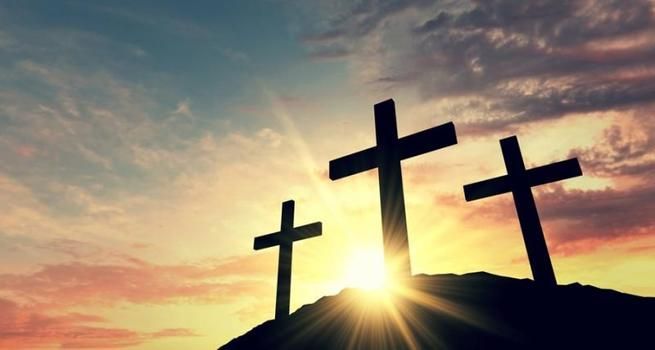Easter is one of the most significant and oldest festivals in the Christian calendar, marking the resurrection of Jesus Christ. However, its roots go back to much older traditions involving pagan rituals and spring celebrations. In this text, we will explore the different aspects of Easter, from its historical origins to its modern cultural manifestations, including religious rituals and family traditions.
Origins and History of Easter
The word “Easter” originates from the Hebrew “Pesach”, which means “passage”. This festival has its roots in Jewish traditions, marking the liberation of the Hebrews from slavery in Egypt, as described in the Old Testament of the Bible. For Christians, Easter represents the resurrection of Jesus Christ, which occurred three days after his crucifixion, as narrated in the Gospels.
However, long before the emergence of Christianity, ancient people already celebrated the arrival of spring with rituals and festivals. Many of these rituals were incorporated into Easter celebrations, resulting in a blend of pagan and religious traditions.
Meanings and Symbolisms
Easter is full of symbolism, from colored eggs to the Easter lamb. Eggs, for example, represent rebirth and fertility, while the lamb is a symbol of sacrifice and redemption. The cross, in turn, is one of the most emblematic symbols of Christianity, representing the crucifixion and resurrection of Christ.
Furthermore, Easter is also a time of spiritual reflection and inner renewal. Many people take advantage of this period to reflect on their lives, seek forgiveness and renew their faith.
Traditions and Customs
Easter traditions vary by region and culture. In Western countries, it is common to hold masses and religious services, followed by family gatherings and banquets. Children often participate in games, such as chocolate egg hunting, which has become a popular tradition in many countries.
In some regions, such as Greece and Russia, Easter celebrations are marked by unique rituals, such as the breaking of decorated eggs and nighttime processions.
Easter Around the World
Easter is celebrated all over the world, although traditions can vary significantly from one country to another. In the United States, for example, it is common to hold parades and events with the “Easter Rabbit”, a folkloric figure who distributes sweets to children.
In Spain and other Catholic-majority countries, Holy Week celebrations are marked by elaborate processions and theatrical representations of the Passion of Christ.
In countries like Brazil, Easter is a time of great consumption of chocolates and related products, as well as being an opportunity to gather the family around a rich table.
Reflections on Easter
In addition to its religious and cultural dimensions, Easter also invites us to reflect on deeper issues, such as the meaning of life, the importance of forgiveness and hope for a better future. It is a time to renew our hopes and reaffirm our noblest values.
Regardless of specific religious beliefs, Easter reminds us of the importance of solidarity, compassion and love for others. It's a time to be more connected with our families, friends and communities, sharing the joy and generosity that this date inspires in us.
Easter is much more than just a date on the calendar. It is a celebration full of meanings and traditions, which invites us to reflect on the past, celebrate the present and look forward to the future with hope and optimism. Whether through religious rituals, family gatherings or simple acts of kindness, Easter reminds us of the importance of sharing love and compassion with the world around us.


